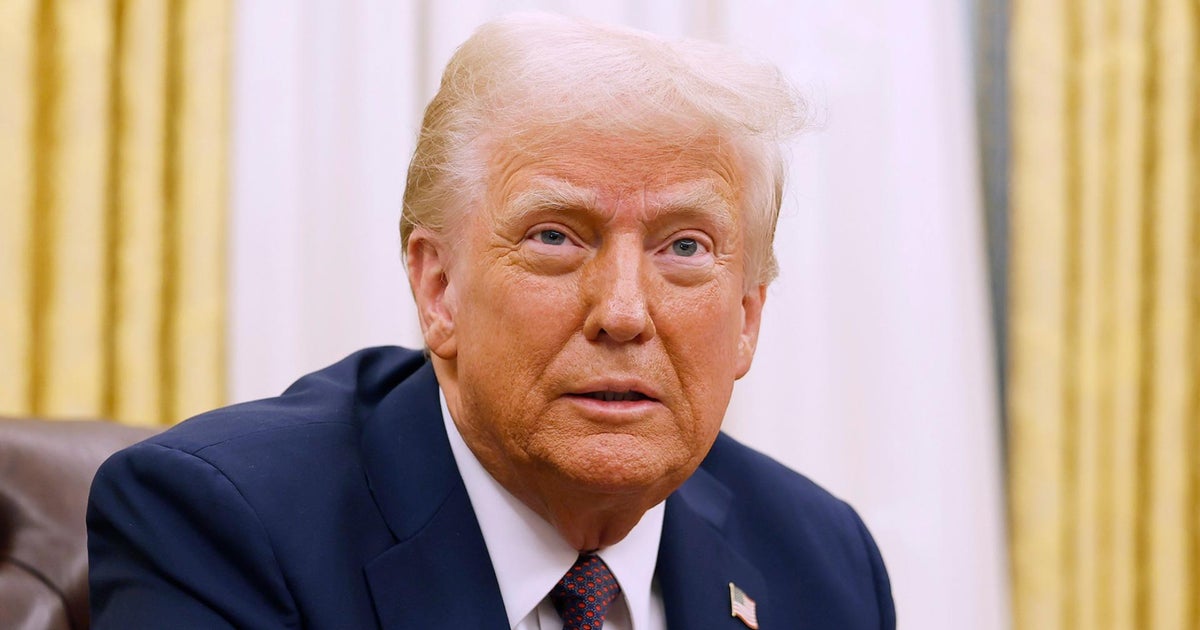Expect record-high egg prices for most of the year
Americans can continue to expect high prices for eggs this year, new estimates show, due to the ongoing avian flu outbreak and inflation.
Egg prices are estimated to increase about 20% in 2025, compared to about 2.2% for food prices in general, according to the US Department of Agriculture’s
price outlook. Beef, coffee and orange juice are among
groceries with higher prices, but eggs are uniquely impacted by the aggressive strain of avian flu, which has strained supply.
While some states escaped last year’s outbreaks, many have reported a resurgence of the virus, which killed about 17.2 million egg-laying hens in November and December. That’s nearly half of all birds killed by the virus in 2024, according to the USDA.
The average price of a dozen large, grade-A eggs was $4.15 in December, up from $3.65 in November, according to the Bureau of Labor Statistics. Egg prices were also up more than 36% year-over-year in December, according to the Consumer Price Index.
“Not to be the bearer of bad news, but we’re in this for a while,” said Emily Metz, president and CEO of the American Egg Board. “Until we have time without a detection, unfortunately this very, very tight egg supply is going to continue.”
The industry has seen more than 20 consecutive months of record-high demand, according to Metz. The demand, which increased due to the holidays, contributes to the rising cost of eggs.
“People recognize the value in eggs, even with a slightly elevated price, and are also finding that eggs are indispensable to their daily lives,” said Metz.
As long as the avian flu persists, so will high prices. There are outbreaks in California, Indiana, Missouri, North Carolina and Ohio, the USDA said. About 8.3 million birds have died in January because of those outbreaks, according to the USDA.
Manufacturers and egg wholesalers have also drastically increased their prices in recent months. In New York, the wholesale price of large-carton eggs rose to $7.24 per dozen, while in the Midwest it increased to $6.84. In California, large eggs declined to $8.35 per dozen.
That’s costing grocers, who are holding prices at record or near-record highs, the USDA said. Avian flu outbreaks have spread to farms where birds are raised to lay eggs, hurting the population of young birds needed to offset the loss of egg-laying hens.





